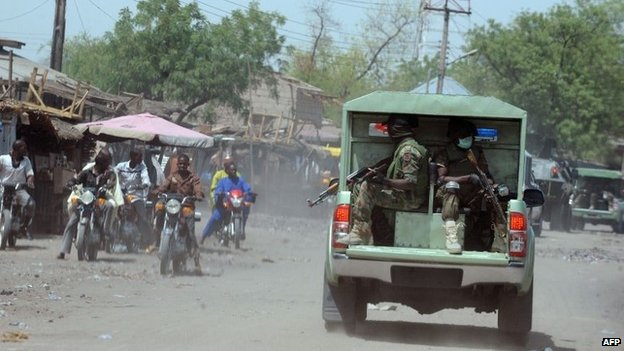by Tony Iozzo
Impunity Watch Reporter, Europe
KIEV, Ukraine – Gunfire erupted between government security forces and opposition protesters at Independence Square in Kiev on Thursday.
The latest violent scuffle occurred just two days after a breakout of violence that left 28 people dead, and mere hours after President Viktor Yanukovych announced a truce between government security forces and opposition leaders on late Wednesday evening.
As a result of the latest violence, approximately 100 people were killed and 500 were injured in the clashes, according to the opposition forces’ medical team. The Ukrainian government has not released its own casualty numbers, but Interior Minister Vitali Zakharchenko stated that 25 police officers were injured and an unknown amount were killed. There were also allegedly hostages taken during the violence.
The Ukraine’s hostile situation began in November, when President Yanukovych nixed a trade deal with the European Union, and decided to deal with Russia. A conflict between an alliance with Russia and cooperation with the European Union has permeated the Ukrainian government for years.
It is not specifically known exactly what sparked Thursday’s violence, as conflicting reports indicate protestors throwing Molotov cocktails, and security forces pursuing opposition forces. Interior Minister Zakharchenko stated the violence was “provoked exclusively by the opposition leaders.” President Yanukovych’s office also indicated that the protesters of broke the truce. “The opposition used the negotiation period to buy time, to mobilize and get weapons to protesters,” a statement from the President’s office said.
An individual working for the opposition as a medical respondent accused government forces of shooting to kill, saying she had treated 13 people she believed had been targeted by “professional snipers.” “They were shot directly to their hearts, their brain and to their neck. They didn’t give any chance to doctors, for us, to save lives,” she stated.
European Union officials were scheduled to meet to discuss possible sanctions against the Ukrainian government on Thursday, which could include freezing assets and restricting the visas of officials deemed responsible for violence in that country, French Foreign Minister Laurent Fabius stated.
German Chancellor Angela Merkel urged President Yanukovych to accept EU aid in negotiations with the opposition. Russia’s foreign ministry, however, appeared to criticize Western diplomatic efforts. “The ongoing attempts to obtrusively intervene from outside, threat with sanctions or trying to influence the situation in any other ways are inappropriate and can’t lead to anything good but can only aggravate the confrontation,” Russian spokesman Aleksandr Lukashevich stated.
Ukrainian athletes dawned black mourning bands and held a moment of silence Thursday at the Sochi Olympics.
For more information, please see:
CNN – Truce Crumbles Amid Gunfire in Ukraine, Protesters Claim 100 Dead – 20 February 2014
Reuters – Ukraine Truce Shattered, Death Toll Tops 50 – 20 February 2014
The Telegraph – Ukraine Protests Live: Death Toll Mounts Amid “Sniper Attacks” As Fresh Fighting Breaks Truce – 20 February 2014
New York Times – Ukraine Leader Strains For Grip As Chaos Spreads – 19 February 2014
*For live video coverage of the Events in Kiev, click here.



